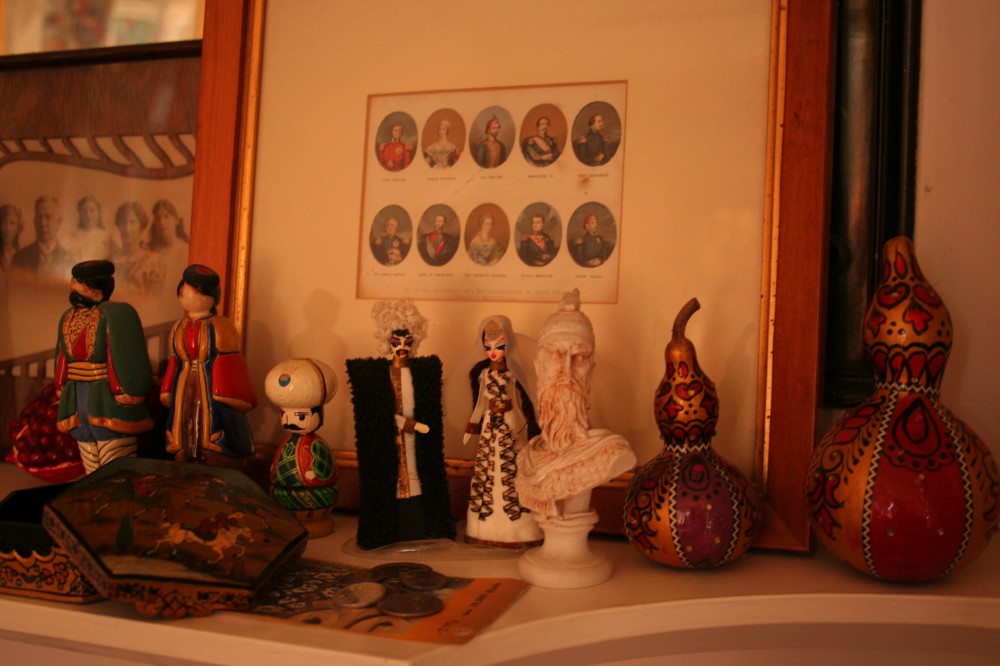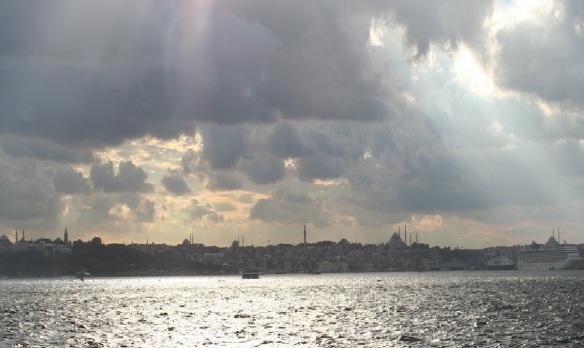
Bosphorus, Istanbul, October 2014
It has been a fallow couple of seasons for this blog. Time commitments and motivation have been against me, so this will be my only post for the year.
The blog is an outlet for abstract and meandering thoughts, for optimism in a grim world. But for a blog that is predicated on highlighting the comingling of peoples, and the beauties that they can create, it has been a depressing year.
We’ve seen the rise of ISIS, the quagmire that is Syria, the deteriorating political circumstances in Turkey (once seeming so promising, but now gone so spectacularly awry), and of course the rise of divisive and hateful voices in Europe and America. (Because – it must be noted – that that shit happens in the so-called “modern” “civilised”, post- Enlightenment world too!)
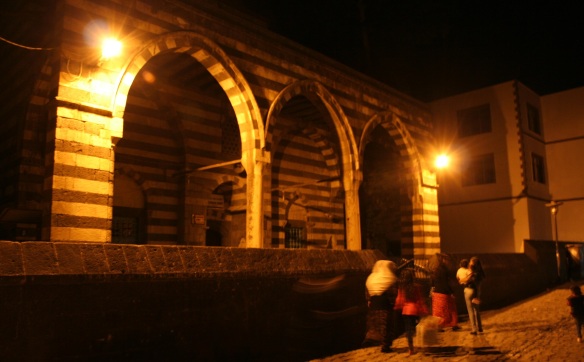
Diyarbakir, November 2014
An annual post is a token effort, to be sure, but hopefully this one will re-ignite the blog.
For next year, I will take a new approach, aiming to post more regularly, but more succinctly – and hopefully more pithily!! I plan to use, where and when possible, some of the literature I encounter in my work life as platforms for short reflections – vignettes, if you will.
Here’s one to get started. Petr Pithart, former prime minister of Czechoslovakia, wrote in 1994,
‘In the last 55 years the Czechs have lost – as co-tenants of their common house – Germans, Jews, Ruthenians, Hungarians and Slovaks. They are now in effect an ethnically cleansed country, even if not by their own will. It is a great intellectual, cultural and spiritual loss. This is particularly true if we consider central Europe, which is a kind of mosaic. We are still living touristically from the glory of Prague, which was a Czech-German-Jewish city and a light that reached to the stars. But you cannot win elections with that kind of argument.’[1]
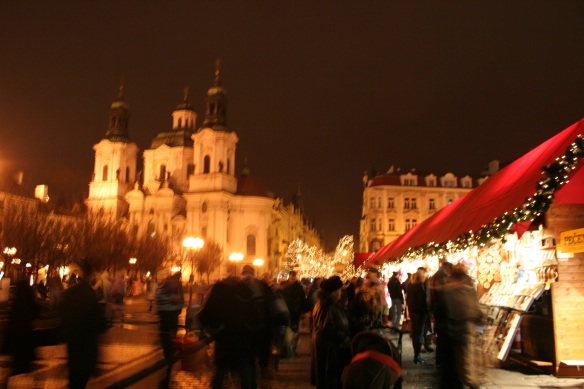
Prague, Christmas 2007
At present we see plenty of instances where people are intent on ethnic cleansing by their own will. Demagogues and paranoiacs howl for it in the West. But it seems most intense in the region once known as Mesopotamia, the so-called cradle of civilisations, where pluralism was a reality for millennia, but where, now, various nasties under various banners are seeking to homogenise in Syria, attempting to put to the sword peoples previously little known. And in Turkey, where I have visited repeatedly in recent years, while ethnic cleansing may be a thing of the past, another concerted social engineering project of cultural homogenisation appears to be under way.
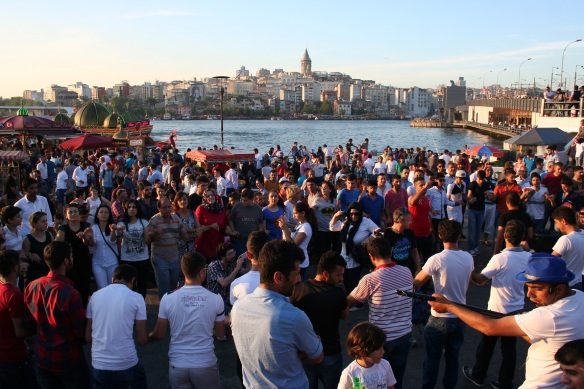
Dancing the halay, Istanbul, June 2015
All this “cleansing” stems from fear: fear of the other. But as Pithart notes, when “others” come together the end result so often is something remarkable. He mentions that you may not win elections by highlighting the beauty and richness of cultural diversity and achievements of cultural interplay, but they are real and more dispassionately resilient than often thought.
And it may be noted that attempts to “cleanse” rarely achieve their desired goals, i.e. safe, secure homogeniety. They generally result in a great deal of anguish for all concerned. But after and despite the trauma, humanity, in all its diversity, trundles on and evolves in new directions.
Long may it prosper!
- Cited in Will Kymlicka, Politics in the Vernacular, (Oxford University Press), 2001, page 117
